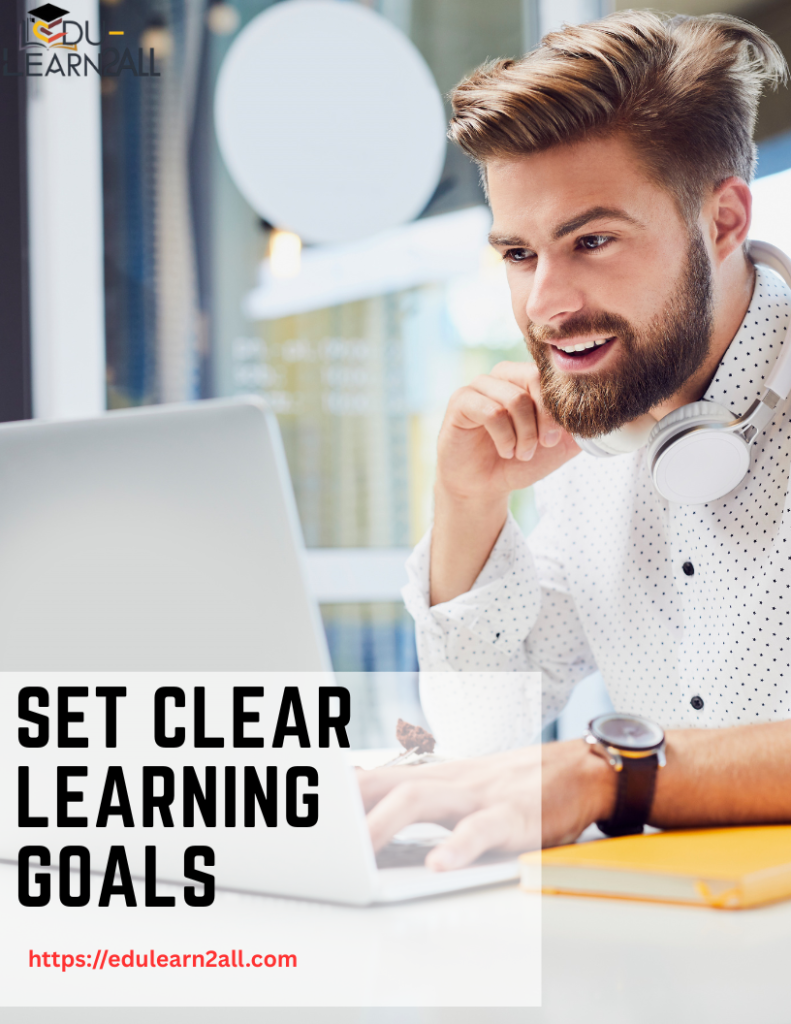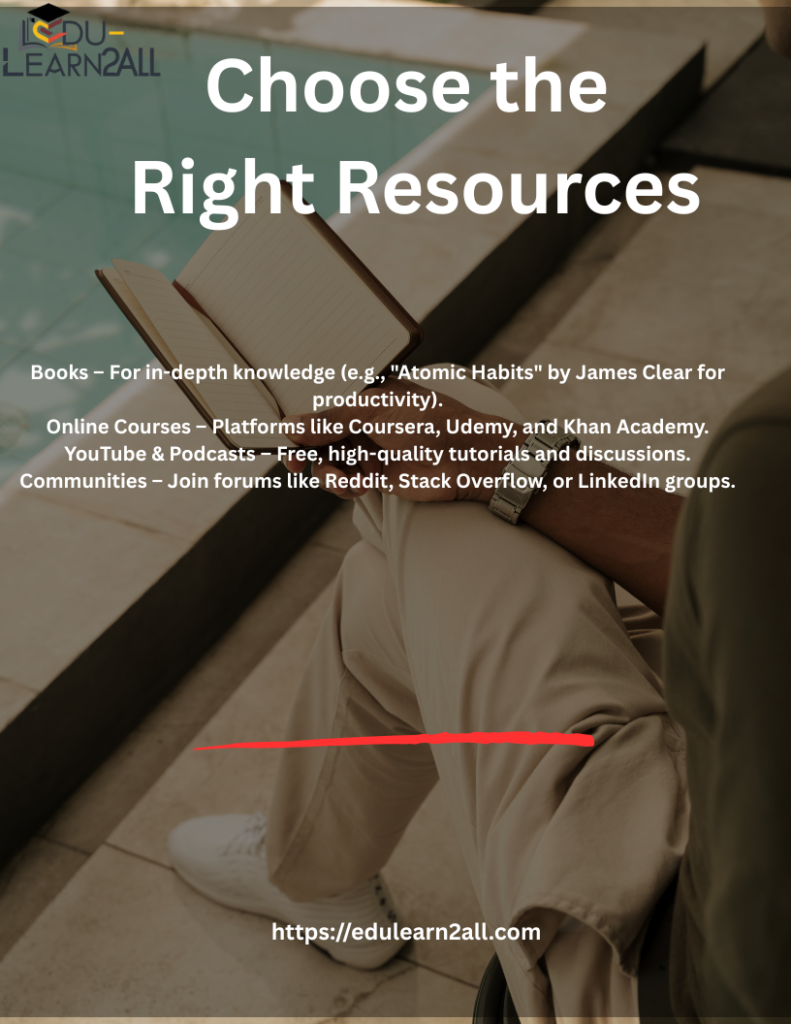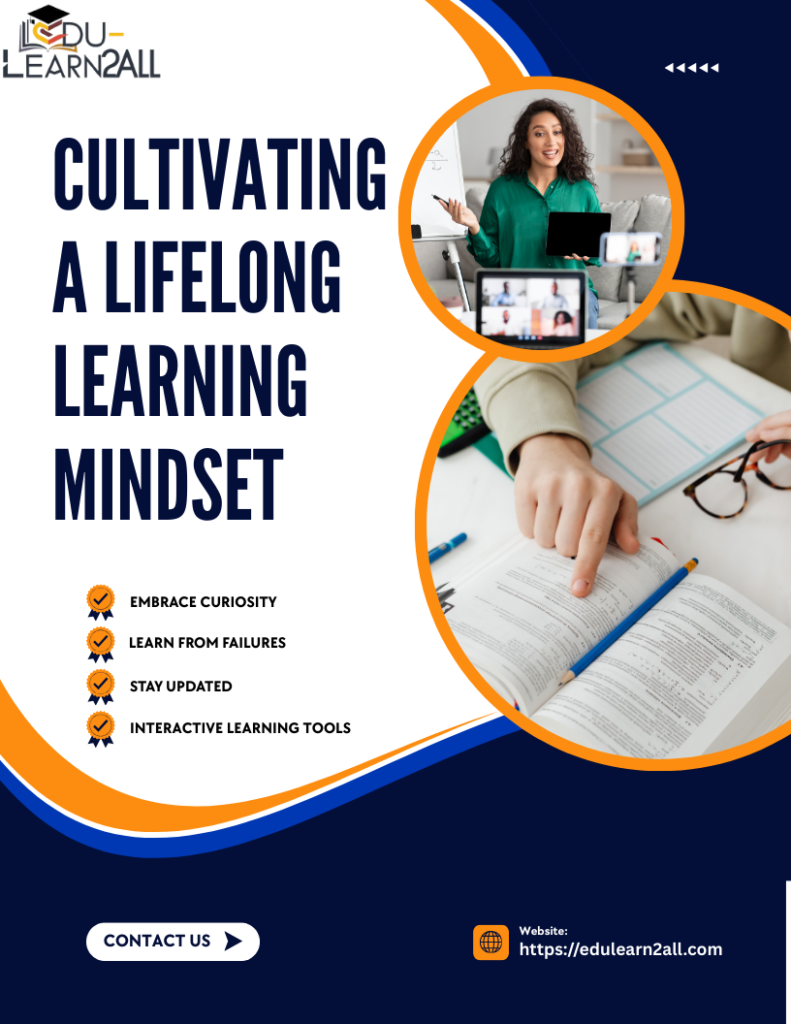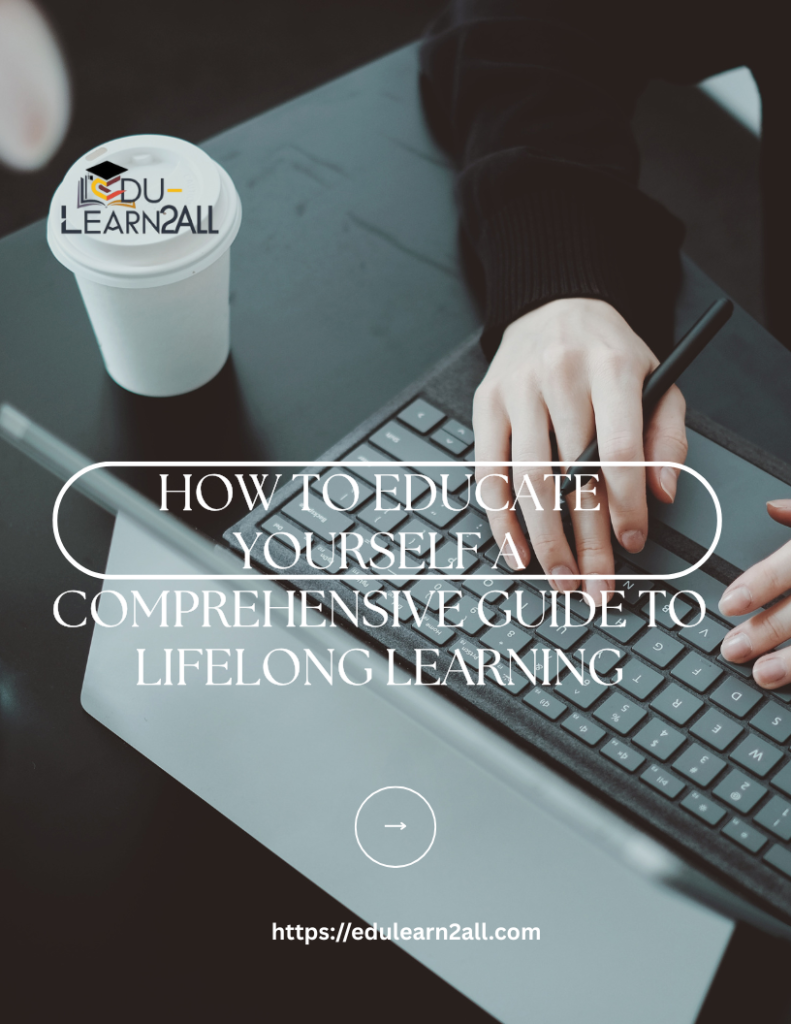Table of Contents
Introduction
How to Educate Yourself In today’s fast-paced world, the ability to educate yourself is more valuable than ever. Traditional education provides a foundation, but self-education empowers you to adapt, grow, and thrive in any field. How to Educate Yourself Whether you want to learn a new skill, advance your career, or simply expand your knowledge, knowing how to educate yourself effectively is crucial.
This guide will walk you through practical strategies, resources, and mindset shifts needed to become a successful self-learner.
Why Self-Education is Essential
The Limitations of Formal Education
While schools and universities offer structured learning, they often lack flexibility. Curriculums may not keep up with industry trends, and rigid schedules may not suit everyone. Self-education allows you to learn at your own pace and focus on what truly matters to you.
Visit More
Career Advancement
Industries evolve rapidly, and employers value individuals who take initiative in learning new skills. Self-education helps you stay competitive in the job market.
Personal Growth
Learning isn’t just about professional success—it enhances creativity, critical thinking, and problem-solving abilities, making you a more well-rounded individual.
How to Educate Yourself Effectively
Set Clear Learning Goals
Without a goal, learning can feel directionless. Ask yourself:

- What do I want to learn?
To educate yourself effectively, first identify your interests and goals. Ask:
- Skills: Do you want to learn coding, writing, or public speaking?
- Career: Are you upskilling for a promotion or switching fields?
- Hobbies: Is it music, photography, or a new language?
- Personal Growth: Do you want financial literacy, philosophy, or psychology knowledge?
- Why is this knowledge important?
Learning expands your opportunities, boosts confidence, and keeps you adaptable in a fast-changing world. Whether for career growth, personal fulfillment, or problem-solving, knowledge gives you an edge. For example:
- Career: Mastering a skill like digital marketing can lead to promotions or new job prospects.
- Daily Life: Financial literacy helps you manage money wisely.
- Innovation: Understanding AI basics lets you leverage new tools effectively.
- Self-Reliance: Learning first aid or home repairs makes you more capable.
- How will I measure my progress?
Tracking progress keeps you motivated and ensures effective learning. Use these methods:
- Milestones: Break goals into smaller tasks (e.g., “Complete 5 coding exercises weekly”).
- Self-Testing: Quizzes, flashcards, or explaining concepts aloud verify understanding.
- Projects: Apply knowledge (e.g., build a website, write an essay) to gauge real-world skills.
- Feedback: Share work with peers/mentors for constructive critiques.
- Time Tracking: Apps like Toggl log study hours to maintain consistency.
- Journaling: Reflect weekly on lessons learned and challenges faced.
Develop a Learning Plan How to Educate Yourself
Break your goal into smaller, manageable steps:
- Research – Find the best resources (books, courses, tutorials).
- Schedule – Dedicate consistent time (e.g., 1 hour daily).
- Practice – Apply what you learn through projects or exercises.
Choose the Right Resources
Not all learning materials are equal. Use a mix of:

- Books – For in-depth knowledge (e.g., “Atomic Habits” by James Clear for productivity).
- Online Courses – Platforms like Coursera, Udemy, and Khan Academy.
- YouTube & Podcasts – Free, high-quality tutorials and discussions.
- Communities – Join forums like Reddit, Stack Overflow, or LinkedIn groups.
Active Learning Techniques
Passive reading or watching isn’t enough. Engage with the material by:
- Taking Notes – Summarize key points in your own words.
- Teaching Others – Explaining concepts reinforces understanding.
- Applying Knowledge – Build projects, solve problems, or write about what you learn.
Stay Consistent and Motivated
Self-education requires discipline. Tips to stay on track:
- Use the Pomodoro Technique – Study in 25-minute focused sessions.
- Track Progress – Keep a learning journal or checklist.
- Reward Yourself – Celebrate small wins to stay motivated.
Overcoming Common Challenges in Self-Education
Lack of Time
Solution: Prioritize learning by:
- Cutting unproductive activities (e.g., excessive social media).
- Using “dead time” (commutes, breaks) for podcasts or audiobooks.
Information Overload
Solution:
- Focus on one topic at a time.
- Use curated resources (e.g., expert-recommended books).
Staying Accountable
Solution:
- Join study groups or find an accountability partner.
- Share progress on social media or blogs.
Cultivating a Lifelong Learning Mindset
Embrace Curiosity
Ask questions, explore new topics, and stay open-minded.
Learn from Failures
Mistakes are part of the process—analyze them and improve.
Stay Updated
Follow industry leaders, read news, and adapt to changes.

Conclusion How to Educate Yourself
Self-education is a powerful skill that unlocks endless opportunities. By setting clear goals, using the right resources, and staying disciplined, you can master any subject. How to Educate Yourself Remember, learning is a journey enjoy the process and keep growing.

